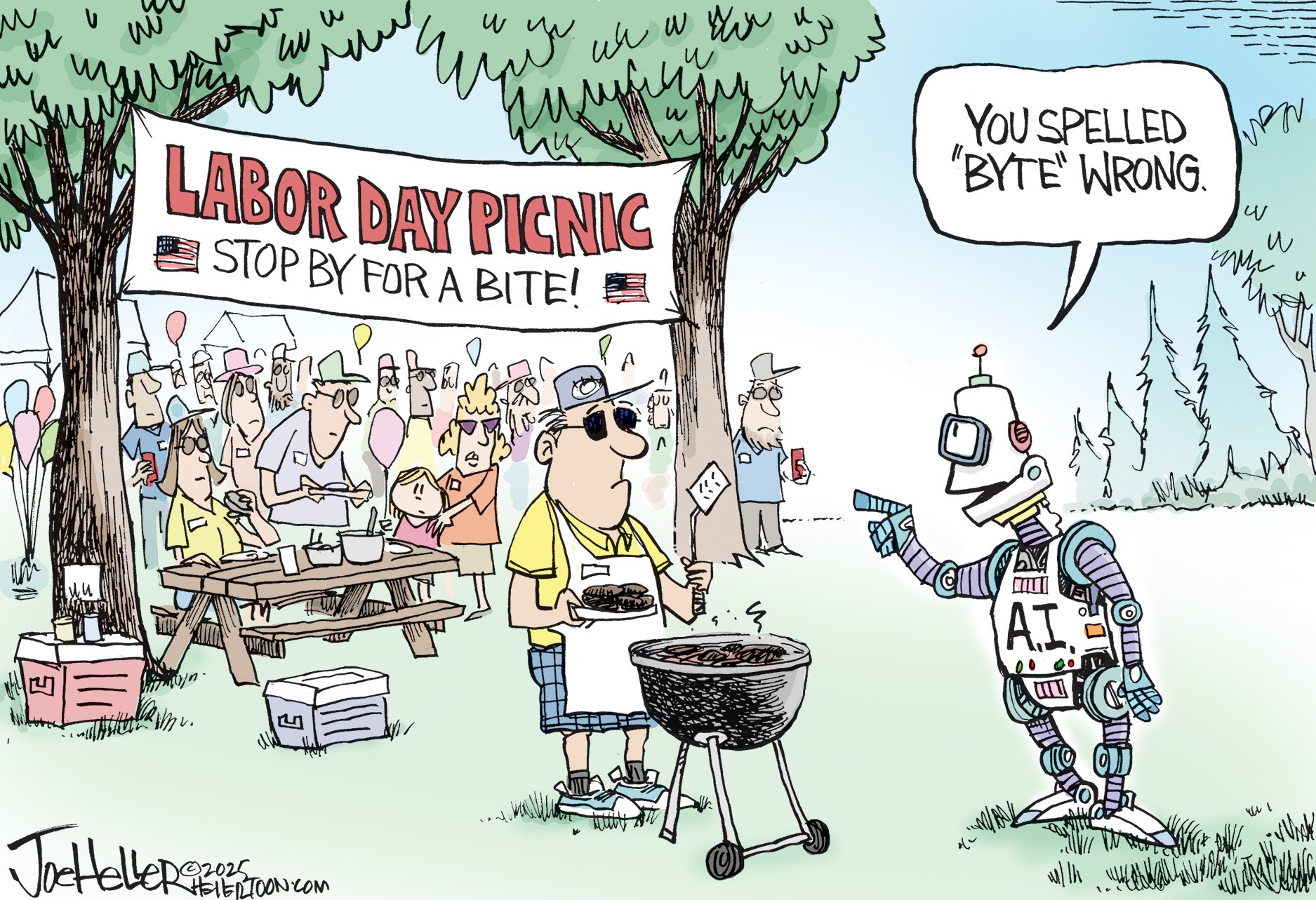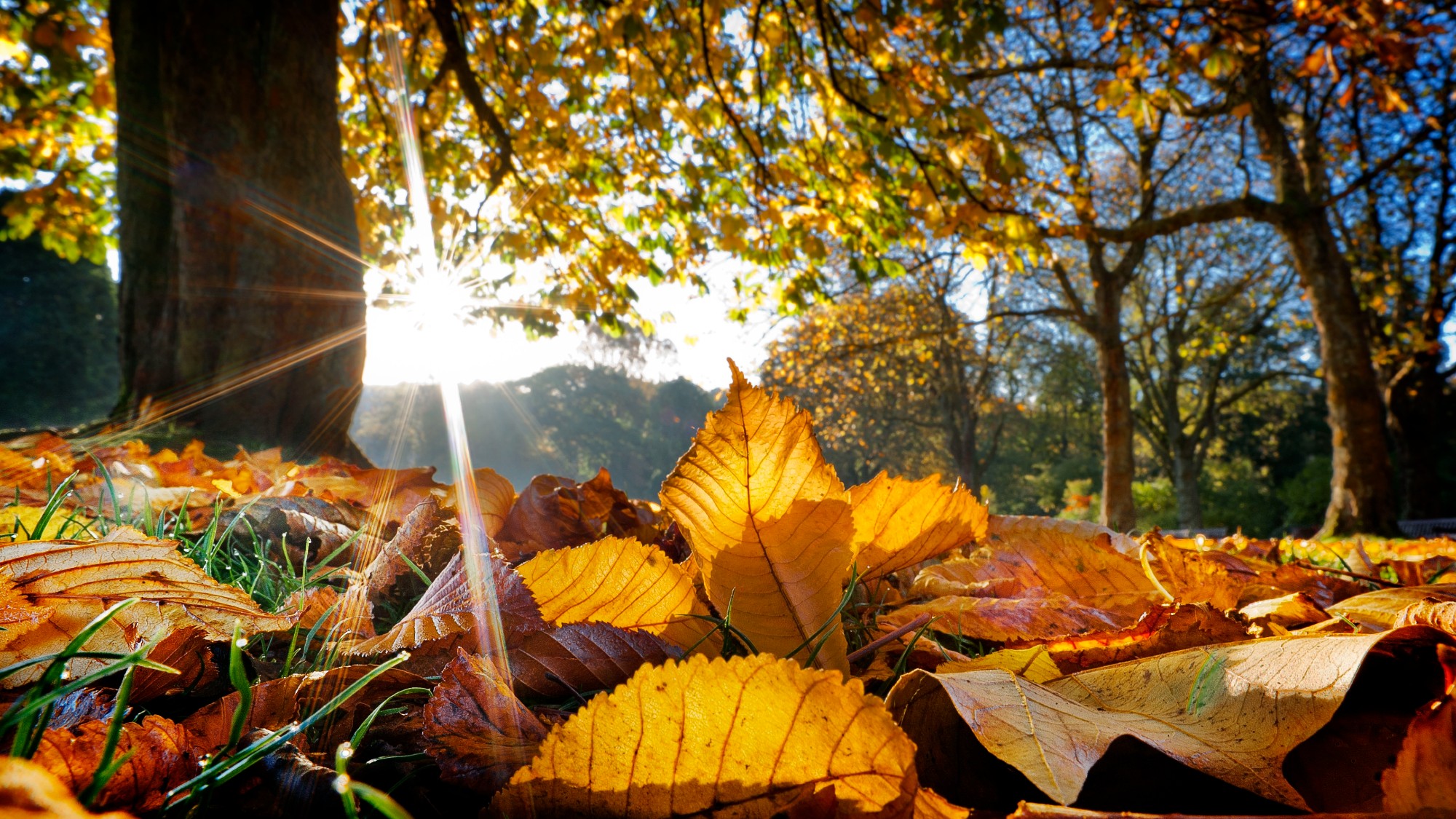Is protesting the new brunch?
How brunch went from a hipster joke to an activist mantra


In October 2014, which might as well be another time continuum entirely, David Shaftel wrote an article for The New York Times titled "Brunch Is for Jerks." You may remember this glorious hate read, in which he lamented how brunch was over for him for an array of reasons: because he had a child now, because brunch is populated by a-holes, because the gentrifier-beloved meal is "the most visible symptom of a demographic shift that has taken place in our neighborhood and others like it." Brunch, he claimed — at least the brand of all-you-can-sip, table-dancing, Sex and the City-type brunches — was a signifier of a Peter Pan sort of lifestyle, never growing up to eat an actual meal, drinking all day long and into the night, eschewing schedules for decadence.
People responded in anger and agreement. Some of them may have been eating brunch at the time.
Today, we are living in a new sort of America. No one is spending much time reacting to hate reads about brunches, that's for sure. But it is in this new America that activism — something the brunchiest among us have woken from our long stupors and begun to embrace — gets a rebrand as exactly that: "Protests are the new brunch!" It shows up on protest signs. In tweets. It's the title of the January 30 episode of Jon Favreau & Co's podcast "Pod Save America," where Guardian reporter Sabrina Siddiqui explains that for a lot of young people protesting has become the new normal, a greater go-to than breakfast wraps and bloody marys.
The Week
Escape your echo chamber. Get the facts behind the news, plus analysis from multiple perspectives.

Sign up for The Week's Free Newsletters
From our morning news briefing to a weekly Good News Newsletter, get the best of The Week delivered directly to your inbox.
From our morning news briefing to a weekly Good News Newsletter, get the best of The Week delivered directly to your inbox.
Protests! They're eggy and youthful and social and rule-breaking (or at least bending), and maybe even boozy (if not during then after). Protests are the new brunches!
This phrase is witty, a twist on the expected, so people say it, laughingly, or maybe even seriously — in that self-effacing way privileged Americans who live in big cities and tend to brunch are so good at. But it isn't wrong — not exactly.
A guy asks me out and I suggest maybe we hit up a protest. I mean it; no time to waste on people who don't care! I spend the majority of my days not meeting my writing deadlines or eating biscuits and gravy with a mimosa chaser and failing the Bechdel test with friends but figuring out what actions we're going to do when, in adherence with the 14 different political newsletters and email lists to which I've subscribed. I make phone calls, I read the news (fake and real, so I can tell the difference), I meet with pals not to brunch but to organize and so we can remind one another of what matters, of who we actually are. When I do join a friend for midday eggs, we hug and ask each other how we are and laugh ruefully because how could we be fine, no one is fine. Only jerks are fine; jerks who are still exuberantly brunching, the jerks of Shaftel's piece — maybe they're fine. And there's the rub. Protests must be brunch now because simple, soulless brunching is no longer acceptable.
Is protesting the new brunch? Well, yes and no and not exactly and certainly not. It's as silly a question as it is as silly to write about hating brunch. But as with Shaftel's essay, there's meaning in it. Brunch is a word that carries an extra load of weight (consider it akin to Hollandaise sauce), with assumptions and expectations that top it for flavor. There's a reason an "I Hate Brunch" essay goes viral, just as the phrase "Protests are the new brunch" connects powerfully with supporters and detractors too. Note the inevitable backlash to the phrase, because protest and brunch are of course very different in terms of purpose and inclusion and price of entry — and price of potential exit, for that matter. You might have noticed that a lot of people have been protesting for quite a while now without having this handy motivating middle-class/urbane/slightly narcissistic catchphrase in hand. Why are the rest of us only just getting involved now, when a word like brunch is on the line? Why did it take us this long to wake up, and couldn't it have been for protests before it was about brunch?
A free daily email with the biggest news stories of the day – and the best features from TheWeek.com
Yet I think the phrase works in its way. It's an acknowledgement of what matters, what we judge, what we value, who we actually are. On a good day, maybe it shows how we've changed. We chastise our old selves a little bit and restate the importance of a new direction; we mark the shift from the old America to the current one, from Before Trump to After Trump, from being asleep to finally getting woke. If only we could stay as engaged with activism as some of us have been with brunch; if only we could have as many protest signs as we have options for waffles or Benedicts or French toast or eggs and cheeses.
Luckily, the ways to get involved really are as easy as — easier than! — waiting in line for a table. Marisa Kabas, who publishes the tiny letter Resistable, told me, "I wouldn't say protests are the new brunch, but they have transitioned from that thing your mom did in the '60s to a social activity with wide reach and appeal. I suppose they're similar in that suggesting attending a protest to a friend will now be nearly as well-received as an invitation to brunch."
Making political engagement as routine as eating a meal is a definite positive. And when our weekends and our social stratospheres seem to require it of us, when those around us are all doing it, too, well, maybe that's the absolute opposite of "Brunch Is for Jerks."
And, you know, you can have both, the brunch and the protest, if you plan properly. "I am an unabashed brunch fan and a fervent supporter of peaceful protests," says Kabas. "One feeds my craving for a Greek omelet, and the other feeds my soul."
May our appetites continue for the long haul.
Jen Doll is the author of the memoir Save the Date: The Occasional Mortifications of a Serial Wedding Guest. She's also the managing editor for Mental Floss magazine and has written for The Atlantic, Esquire, Glamour, Marie Claire, The Hairpin, New York magazine, The New Republic, The New York Times Book Review The Village Voice, and other publications.
-
 September 1 editorial cartoons
September 1 editorial cartoonsCartoons Monday’s political cartoons include Labor Day picnic, branding strategy, and more
-
 What is Tony Blair's plan for Gaza?
What is Tony Blair's plan for Gaza?Today's Big Question Former PM has reportedly been putting together a post-war strategy 'for the past several months'
-
 When does autumn begin?
When does autumn begin?The Explainer The UK is experiencing a 'false autumn', as climate change shifts seasonal weather patterns
-
 Ghislaine Maxwell: angling for a Trump pardon
Ghislaine Maxwell: angling for a Trump pardonTalking Point Convicted sex trafficker's testimony could shed new light on president's links to Jeffrey Epstein
-
 The last words and final moments of 40 presidents
The last words and final moments of 40 presidentsThe Explainer Some are eloquent quotes worthy of the holders of the highest office in the nation, and others... aren't
-
 The JFK files: the truth at last?
The JFK files: the truth at last?In The Spotlight More than 64,000 previously classified documents relating the 1963 assassination of John F. Kennedy have been released by the Trump administration
-
 'Seriously, not literally': how should the world take Donald Trump?
'Seriously, not literally': how should the world take Donald Trump?Today's big question White House rhetoric and reality look likely to become increasingly blurred
-
 Will Trump's 'madman' strategy pay off?
Will Trump's 'madman' strategy pay off?Today's Big Question Incoming US president likes to seem unpredictable but, this time round, world leaders could be wise to his playbook
-
 Democrats vs. Republicans: which party are the billionaires backing?
Democrats vs. Republicans: which party are the billionaires backing?The Explainer Younger tech titans join 'boys' club throwing money and support' behind President Trump, while older plutocrats quietly rebuke new administration
-
 US election: where things stand with one week to go
US election: where things stand with one week to goThe Explainer Harris' lead in the polls has been narrowing in Trump's favour, but her campaign remains 'cautiously optimistic'
-
 Is Trump okay?
Is Trump okay?Today's Big Question Former president's mental fitness and alleged cognitive decline firmly back in the spotlight after 'bizarre' town hall event
